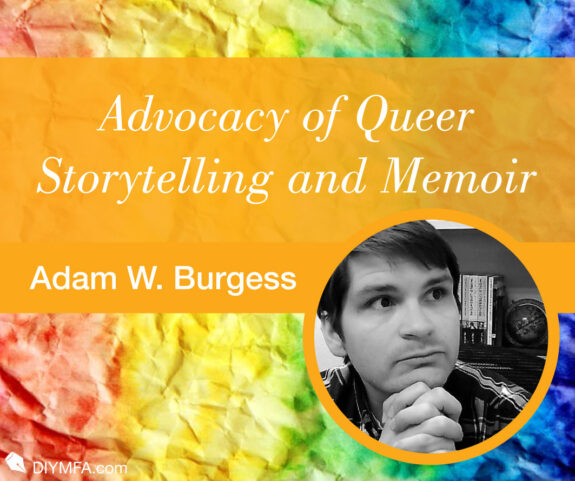On the eve of Justin Torres’s new release, Blackouts (coming October 10, 2023, from Farrar, Straus and Giroux), I’m reminded of his first novel, We the Animals, and what a powerful advocate it is for queer storytelling and for the creative memoir and (auto)biographical novel genres.
Justin Torres’ We the Animals (Houghton Mifflin Harcourt 2011) is a semi-autobiographical coming-of-age novella about a young boy and his two brothers growing up mixed-race (their father is Puerto Rican and their mother is Caucasian) in New York. Though the book is rather short, at just under 130 pages, it is written as a series of episodes, like a short-story compilation, and every episode packs a wallop.
As “the boy” and his two brothers, Manny and Joel, grow up, we see their hunger: hunger for food, for love, for attention, for something bigger, better, brighter. They are always hungry for more. They and their parents go through life in a torrent, sometimes smashing and breaking things (and each other) just to have something to do, to have some power over their out-of-control lives. They watch their parents’ violent love affair; they witness their father disappear and reappear; they see their mother working night shifts just to bring home enough food to keep the boys from starving, while she goes without most of the time. And the reader watches “the boy,” the narrator, as he slowly develops into a person different from his family, more intelligent, more sensitive. He is their one hope, and they are simultaneously encouraging and envious, until the world comes crashing down around them all and the family is changed forever.
Part of what makes this such a brilliant work is that, although none of these characters is particularly redeeming or heroic, it is impossible not to fall in love with each of them, just a little bit. The reason for this is that they are so believable; none of the characters is simply “the bad guy” or “the good guy.” These are human beings, a family. They are wildly, furiously passionate about and defensive of one another, but they also despise each other at times. The kids love and adore their parents for many reasons, but the parents also manage to disappoint in some way. Likewise, it is easy to believe that Ma and Paps would do anything for their kids, even die for them; but this doesn’t stop them from yelling, beating, or ignoring them at times. The most interesting and effective characterization, then, is not just in the development of the characters as individuals, but in the development of the family as a whole and how they live and interact with one another as the years go by.
The work is also stunningly written. The prose pulls its readers along effortlessly; it is as if the reader is a ship, the story is the sea, and Torres’ prose is the crew. Whether the story is raging and raving, or lapping gently at the boat, Torres’ prose guides the reader, pressing us onward, navigating us through the storms and allowing us to enjoy the voyage when the weather has calmed.
Torres also structures the book in an interesting way, through episodes rather than direct progression. Each short chapter is a scene from the narrator’s life that exposes a certain aspect of the narrator or element of his family. We learn about the boy by catching glimpses of various moments he finds important, such as dancing with his brothers and father, or playing messy games with his mother who never seems to tire of the boys’ wild antics. As the episodes move along, the brothers grow up and the glimpses into their lives become more complicated, more dangerous. Finally, in the last episodes, we see the narrator for who he has become and the family for what it is, and we are left to hope that all the pieces will someday come together again.
We the Animals is a book impossible to compare to any other, though it fits in well with similarly brilliant novels in the same genre, like Julia Alvarez’s We the Butterflies and Alexander Chee’s Edinburgh. It is exciting and sad, terrifying and funny. There is an honesty and reality to this book that is almost unbearable; the story cuts to the quick one moment and, in the next, is suckling at readers’ fingertips, dulling the pain. The raw emotion from the narrator is transmitted in one of the most uniquely genuine and effective ways I have ever experienced. The episodic structure allows readers to see what the narrator believes is most important, and this narrator is oddly fair, exposing the good and bad in each person, including himself.
This book tackles family, neglect, and poverty; it confronts adultery, pedophilia, and loneliness. It is a book of love and hate, dark and light, and, ultimately, a book of life and existence—a masterful retelling of the world as it is. We the Animals is riveting, gut-wrenching, and bittersweet.

Adam W. Burgess is an English Professor at College of Southern Nevada. He has a Ph.D. from Northern Illinois University and is pursuing a post-doc writing certificate at the University of California, Berkeley. He loves engaging in all topics related to LGBTQ literature and craft. You can find Adam on his website or follow him on Facebook, Twitter, and Instagram.







